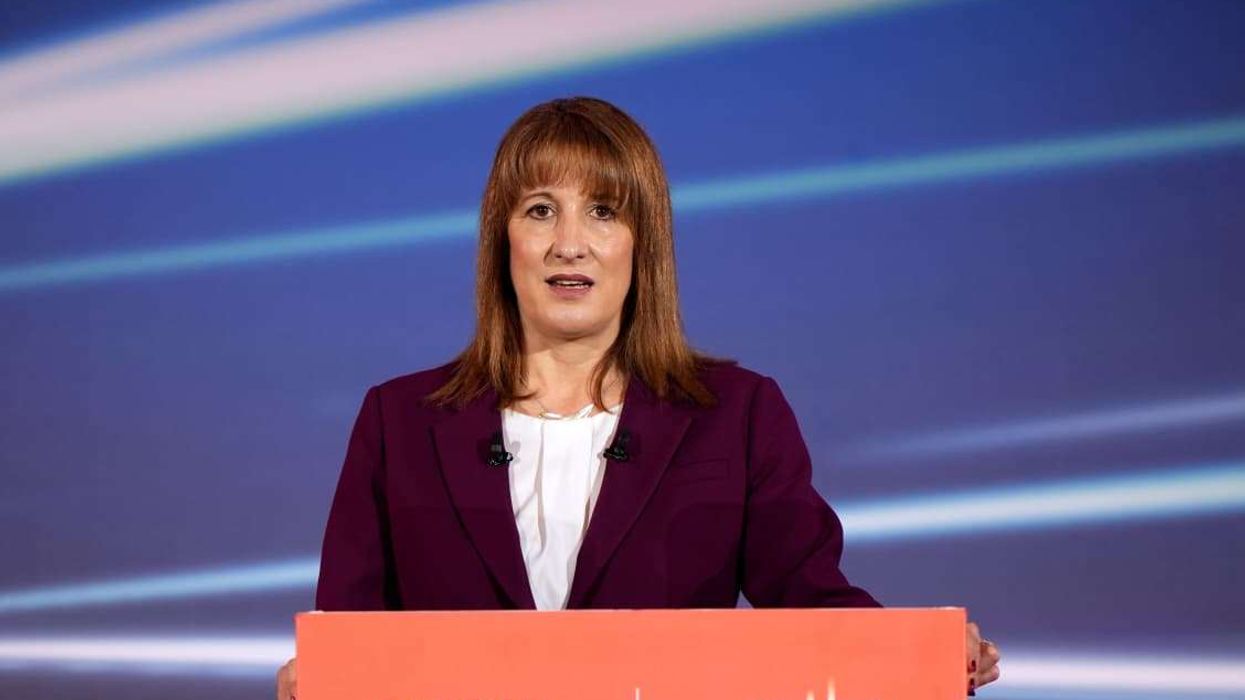Though government of India has envisaged the deadline of year 2030 to go for all electric vehicles (EV), it the year 2020 which is going to the landmark when many of the automobile manufacturers operating in India will begin rolling out their pure electric models in the country, albeit in smaller numbers.
Japanese car makers Toyota and rival Suzuki on Friday announced their plans to launch their first electric car together by 2020.
Maruti-Suzuki, the Indian subsidiary of Suzuki Corporation is likely to benefit immensely out of it.
On the other hand luxury car makers including Audi, Mercedes, BMW, JLR are already working on bringing the EV in the Indian market by the 2020.
Even Sajjan Jindal's JSW Energy, is said to be toying with the idea of entering the EV segment and planning to come out with its first model in 2020.
The Mumbai head-quartered business group has even earmarked around Rs 3500 Crore (35 billion) - 4000 Crore (40 billion) for expenditure over a period of next 3 years.
Nissan, another Japanese company is said to be planning a trial in India for its EV car Leaf which it expects to commercially launch by 2020.
At the same time, the company is also studying the introduction of e-power technology for Indian market. In this car, the petrol motor is used solely charge the vehicle's batteries, thus removing the anxiety of the passenger to search for a charging station.












